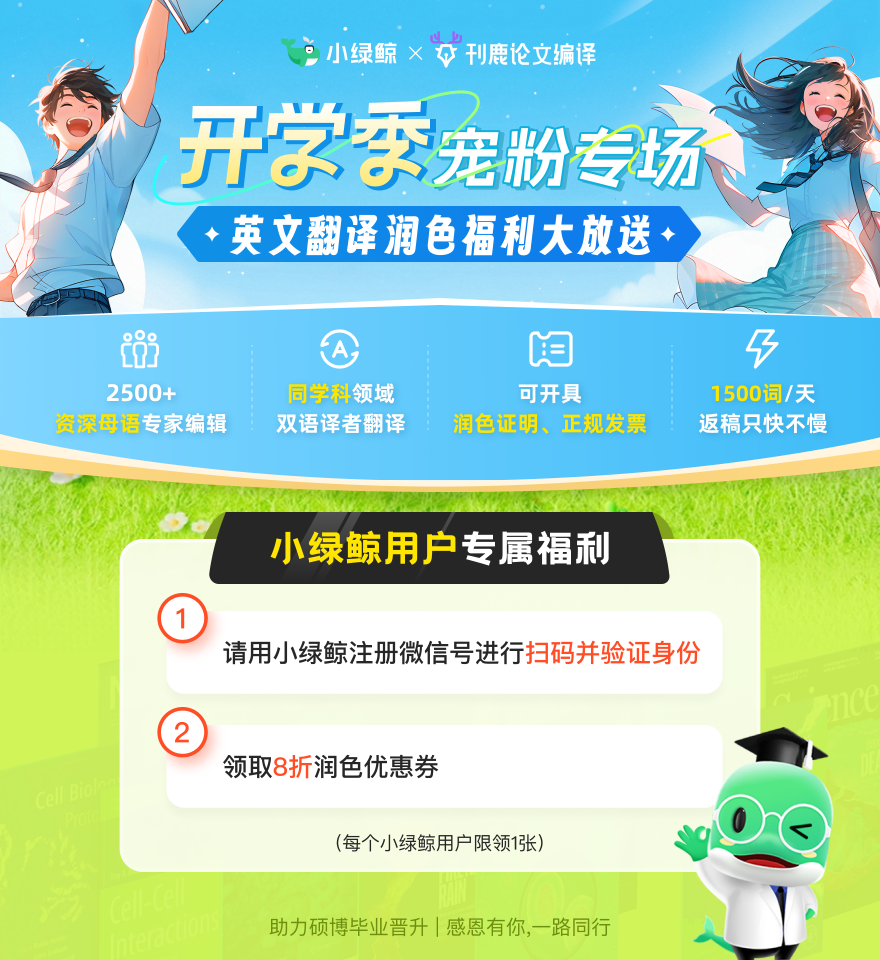
POLICY SCIENCES
POLICY SCI
期刊介绍
The policy sciences are distinctive within the policy movement in that they embrace the scholarly traditions innovated and elaborated by Harold D. Lasswell and Myres S. McDougal. Within these pages we provide space for approaches that are problem-oriented, contextual, and multi-method in orientation. There are many other journals in which authors can take top-down, deductive, and large-sample approach or adopt a primarily theoretical focus. Policy Sciences encourages systematic and empirical investigations in which problems are clearly identified from a practical and theoretical perspective, are well situated in the extant literature, and are investigated utilizing methodologies compatible with contextual, as opposed to reductionist, understandings. We tend not to publish pieces that are solely theoretical, but favor works in which the applied policy lessons are clearly articulated. Policy Sciences favors, but does not publish exclusively, works that either explicitly or implicitly utilize the policy sciences framework. The policy sciences can be applied to articles with greater or lesser intensity to accommodate the focus of an author’s work. At the minimum, this means taking a problem oriented, multi-method or contextual approach. At the fullest expression, it may mean leveraging central theory or explicitly applying aspects of the framework, which is comprised of three principal dimensions: (1) social process, which is mapped in terms of participants, perspectives, situations, base values, strategies, outcomes and effects, with values (power, wealth, enlightenment, skill, rectitude, respect, well-being, and affection) being the key elements in understanding participants’ behaviors and interactions; (2) decision process, which is mapped in terms of seven functions—intelligence, promotion, prescription, invocation, application, termination, and appraisal; and (3) problem orientation, which comprises the intellectual tasks of clarifying goals, describing trends, analyzing conditions, projecting developments, and inventing, evaluating, and selecting alternatives. There is a more extensive core literature that also applies and can be visited at the policy sciences website: http://www.policysciences.org/classicworks.cfm. In addition to articles that explicitly utilize the policy sciences framework, Policy Sciences has a long tradition of publishing papers that draw on various aspects of that framework and its central theory as well as high quality conceptual pieces that address key challenges, opportunities, or approaches in ways congruent with the perspective that this journal strives to maintain and extend.Officially cited as: Policy Sci
政策科学在政策运动中的独特之处在于,它们包含了哈罗德·D·托马斯所创新和阐述的学术传统。拉斯韦尔和迈尔斯S。麦克杜格尔在这些页面中,我们提供了空间,为方法是面向问题的,上下文和多方法的方向。还有许多其他期刊的作者可以采取自上而下、演绎和大样本的方法,或采取主要的理论重点。政策科学鼓励系统的和实证的调查,其中的问题是明确确定从实践和理论的角度,在现有的文献很好地定位,并利用方法学兼容的上下文,而不是还原论,理解。我们倾向于不发表纯粹理论性的文章,而是倾向于那些清晰阐述应用政策教训的作品。政策科学倾向于,但不专门出版,明确或隐含地利用政策科学框架的作品。政策科学可以应用于文章或多或少的强度,以适应作者的工作重点。至少,这意味着采取以问题为导向的、多方法的或上下文相关的方法。最全面地说,这可能意味着利用中心理论或明确应用框架的各个方面,框架由三个主要方面组成:(1)社会过程,其根据参与者、观点、情境、基本价值观、策略、结果和效果来映射,其中价值观(权力、财富、启蒙、技能、正直、尊重、幸福和情感)是理解参与者的行为和互动的关键要素;(2)决策过程,它被映射为智能、提升、处方、调用、应用、终止和评价七种功能;(3)问题导向,包括明确目标、描述趋势、分析条件、预测发展、发明、评估和选择替代方案等智力任务。还有更广泛的核心文献也适用,可以在政策科学网站上访问:http://www.policysciences.org/classicworks.cfm。除了明确利用政策科学框架的文章外,《政策科学》也有发表论文的悠久传统,这些论文借鉴了该框架及其核心理论的各个方面,以及高质量的概念文章,这些文章以与本杂志努力保持和扩展的视角一致的方式解决关键挑战、机遇或方法。政策科学
| 年发文量 | 40 |
| 国人发稿量 | 1 |
| 国人发文占比 | 3.57% |
| 自引率 | 10.8% |
| 平均录取率 | - |
| 平均审稿周期 | - |
| 版面费 | US$2780 |
| 偏重研究方向 | Multiple- |
| 期刊官网 | https://www.springer.com/11077/?utm_medium=display&utm_source=letpub&utm_content=text_link&utm_term=null&utm_campaign=HSSR_11077_AWA1_CN_CNPL_letpb_mp |
| 投稿链接 | https://www.editorialmanager.com/olic/default.aspx |
质量指标占比
| 研究类文章占比 | OA被引用占比 | 撤稿占比 | 出版后修正文章占比 |
|---|---|---|---|
| 95.00% | 56.60% | 0.00% | 5.41% |
相关指数
期刊预警不是论文评价,更不是否定预警期刊发表的每项成果。《国际期刊预警名单(试行)》旨在提醒科研人员审慎选择成果发表平台、提示出版机构强化期刊质量管理。
预警期刊的识别采用定性与定量相结合的方法。通过专家咨询确立分析维度及评价指标,而后基于指标客观数据产生具体名单。
具体而言,就是通过综合评判期刊载文量、作者国际化程度、拒稿率、论文处理费(APC)、期刊超越指数、自引率、撤稿信息等,找出那些具备风险特征、具有潜在质量问题的学术期刊。最后,依据各刊数据差异,将预警级别分为高、中、低三档,风险指数依次减弱。
《国际期刊预警名单(试行)》确定原则是客观、审慎、开放。期刊分区表团队期待与科研界、学术出版机构一起,夯实科学精神,打造气正风清的学术诚信环境!真诚欢迎各界就预警名单的分析维度、使用方案、值得关切的期刊等提出建议!
预警情况
查看说明
| 时间 | 预警情况 |
|---|---|
| 2025年03月发布的2025版 | 不在预警名单中 |
| 2024年02月发布的2024版 | 不在预警名单中 |
| 2023年01月发布的2023版 | 不在预警名单中 |
| 2021年12月发布的2021版 | 不在预警名单中 |
| 2020年12月发布的2020版 | 不在预警名单中 |
JCR分区 WOS分区等级:Q1区
| 版本 | 按学科 | 分区 |
|---|---|---|
|
WOS期刊SCI分区
WOS期刊SCI分区是指SCI官方(Web of Science)为每个学科内的期刊按照IF数值排
序,将期刊按照四等分的方法划分的Q1-Q4等级,Q1代表质量最高,即常说的1区期刊。
(2021-2022年最新版)
|
||
| PUBLIC ADMINISTRATION | Q1 | |
| SOCIAL SCIENCES, INTERDISCIPLINARY | Q1 |
关于2019年中科院分区升级版(试行)
分区表升级版(试行)旨在解决期刊学科体系划分与学科发展以及融合趋势的不相容问题。由于学科交叉在当代科研活动的趋势愈发显著,学科体系构建容易引发争议。为了打破学科体系给期刊评价带来的桎梏,“升级版方案”首先构建了论文层级的主题体系,然后分别计算每篇论文在所属主题的影响力,最后汇总各期刊每篇论文分值,得到“期刊超越指数”,作为分区依据。
分区表升级版(试行)的优势:一是论文层级的主题体系既能体现学科交叉特点,又可以精准揭示期刊载文的多学科性;二是采用“期刊超越指数”替代影响因子指标,解决了影响因子数学性质缺陷对评价结果的干扰。整体而言,分区表升级版(试行)突破了期刊评价中学科体系构建、评价指标选择等瓶颈问题,能够更为全面地揭示学术期刊的影响力,为科研评价“去四唯”提供解决思路。相关研究成果经过国际同行的认可,已经发表在科学计量学领域国际重要期刊。
《2019年中国科学院文献情报中心期刊分区表升级版(试行)》首次将社会科学引文数据库(SSCI)期刊纳入到分区评估中。升级版分区表(试行)设置了包括自然科学和社会科学在内的18个大类学科。基础版和升级版(试行)将过渡共存三年时间,推测在此期间各大高校和科研院所仍可能会以基础版为考核参考标准。 提示:中科院分区官方微信公众号“fenqubiao”仅提供基础版数据查询,暂无升级版数据,请注意区分。
中科院分区
查看说明
| 版本 | 大类学科 | 小类学科 | Top期刊 | 综述期刊 |
|---|---|---|---|---|
|
管理学
3区
|
PUBLIC ADMINISTRATION
公共管理
3区
SOCIAL SCIENCES, INTERDISCIPLINARY
社会科学:跨领域
2区
|
未知 | 未知 | |
|
2021年12月
升级版
|
管理学
3区
|
PUBLIC ADMINISTRATION
公共管理
3区
SOCIAL SCIENCES, INTERDISCIPLINARY
社会科学:跨领域
2区
|
未知 | 未知 |
|
2020年12月
旧的升级版
|
管理学
3区
|
PUBLIC ADMINISTRATION
公共管理
2区
SOCIAL SCIENCES, INTERDISCIPLINARY
社会科学:跨领域
2区
|
未知 | 未知 |
|
2022年12月
最新升级版
|
管理学
3区
|
PUBLIC ADMINISTRATION
公共管理
3区
SOCIAL SCIENCES, INTERDISCIPLINARY
社会科学:跨领域
2区
|
未知 | 未知 |














